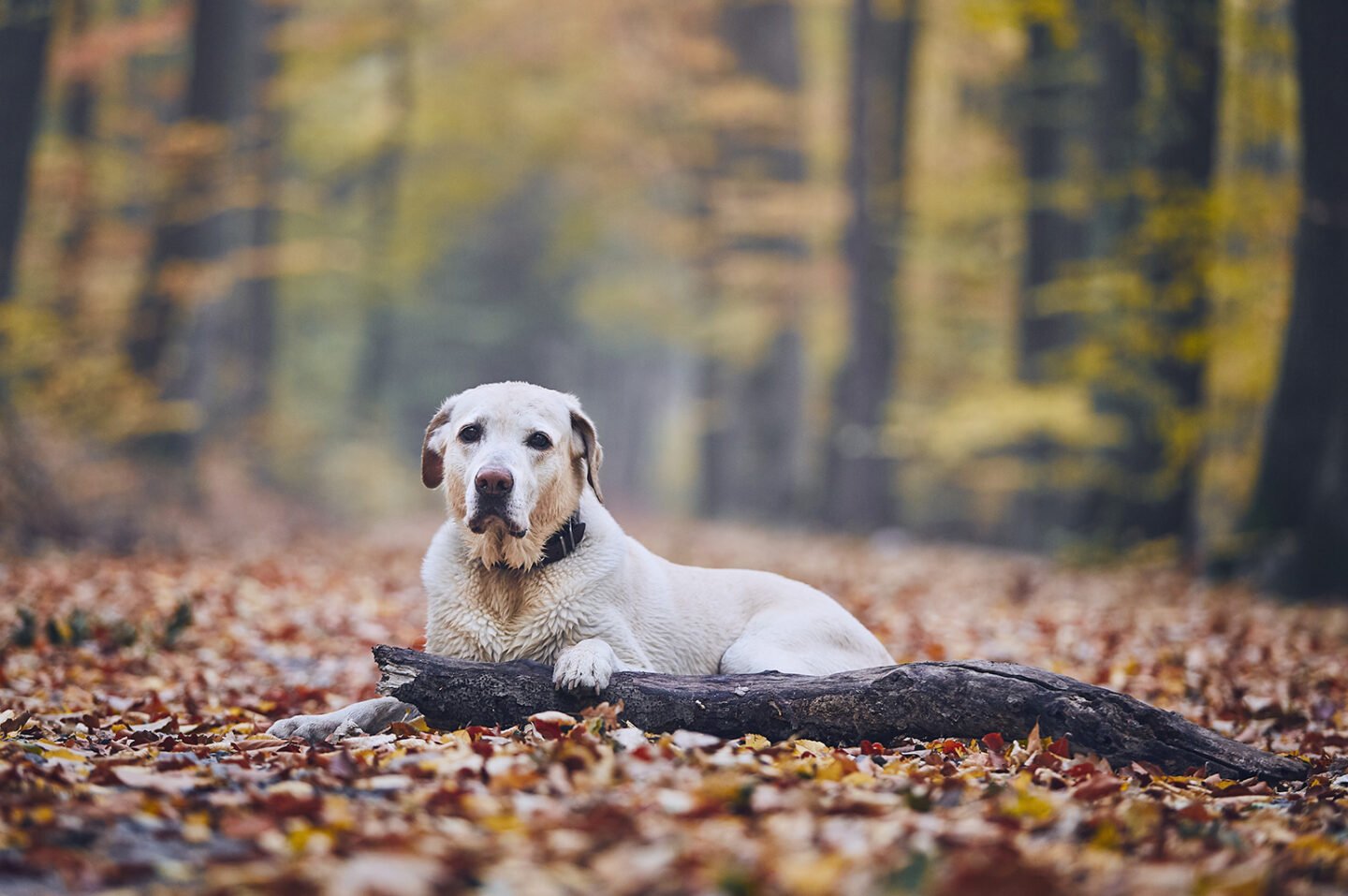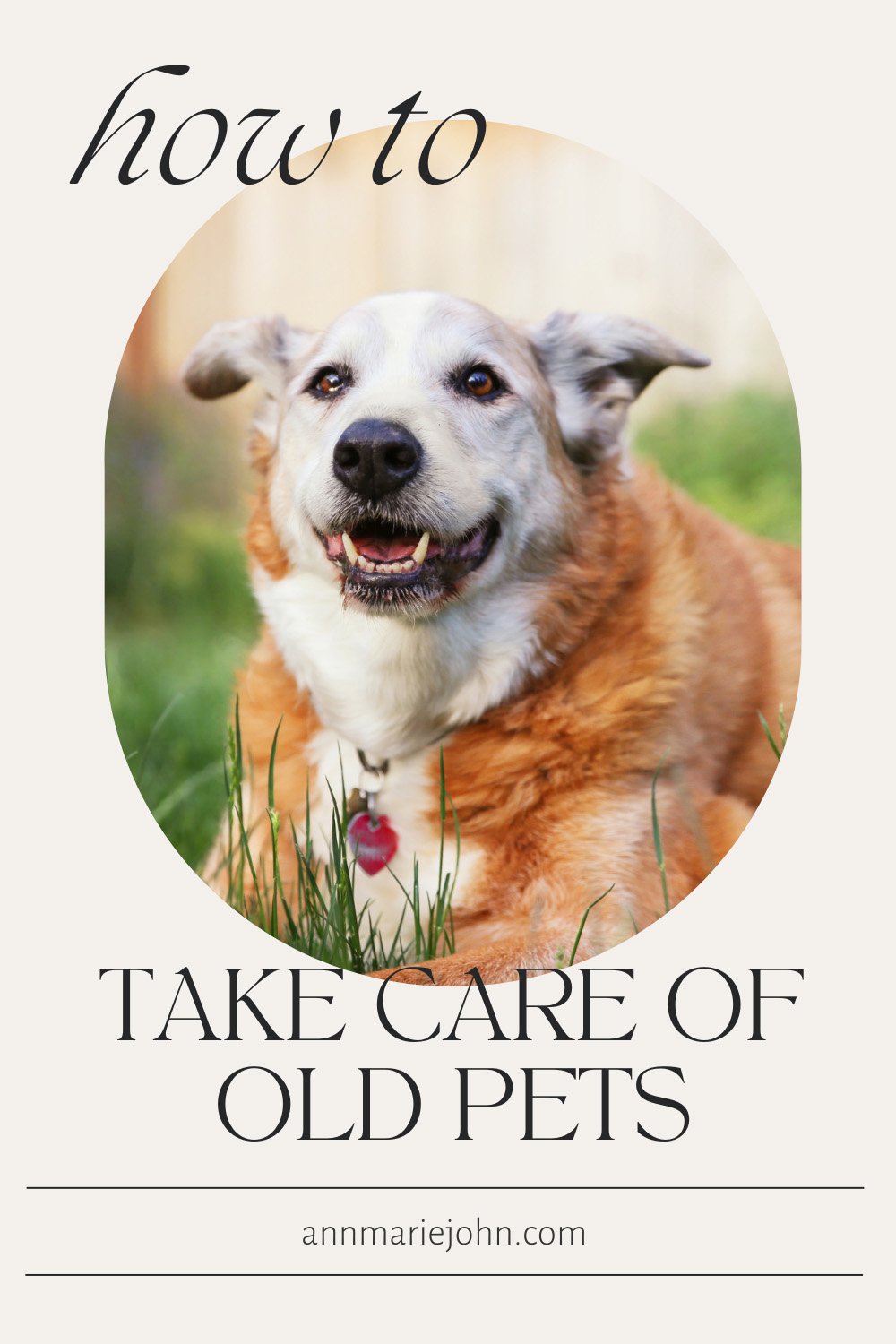As pets age, they require different types of care. Here are some tips to help you provide the best possible care for your elderly pet.

Caring for our older pets can be a tricky and challenging task. However, it is also one of the most rewarding experiences as we get to enjoy their company for longer. As our beloved furry friends age, their needs and behaviors may change. But with some understanding and patience, you can provide your pet with the best possible care during their later years. In this article, we explore tips from experts on how to provide the best care for old pets.

Regular Vet Check-Ups
It’s important to take your elderly pet to regular check-ups at the vet to ensure they remain healthy in their twilight years. As senior dogs and senior cats get older, their needs change. Regular vet check-ups are essential to ensure the vitality and happiness of senior pets. Veterinary visits help catch any health issues early, making them easier to treat.
Regular vet checkups also give senior dogs and cats the opportunity to receive vaccinations that can help protect them against certain diseases. In addition, regular veterinary visits will provide senior pets with a thorough physical exam that can alert them to any changes in your pet’s health or behavior.
Your veterinarian will assess your pet’s mental and physical well-being at each visit. This includes checking their eyesight and hearing, teeth, heart rate, skin and coat, joints, and more. Your veterinarian may also perform lab tests to check for any underlying health issues.
Regular vet visits are an essential part of senior pet care that the experts recommend for keeping your pet healthy and happy. It’s essential to keep up with regular veterinary appointments to ensure your senior pet gets the best care possible.
Diet
Proper nutrition is important for any animal, especially for elderly pets. As they age, their bodies undergo changes that can affect the way they digest and process food. This can lead to malnutrition if their diet isn’t adjusted accordingly. Senior pet diets are specially formulated to provide all the essential nutrients that aging pets need. They are rich in vitamins, minerals, proteins, and fats that help your pet stay healthy and active.
A balanced senior diet can also help manage certain conditions associated with old age, such as arthritis or kidney disease. These specific types of foods contain less fat and more fiber which helps reduce inflammation caused by these diseases while still providing adequate nutrition for your pet. Additionally, higher amounts of certain nutrients, such as omega fatty acids and antioxidants, can help reduce aging effects on your pet’s body.
Feeding a diet specifically formulated for senior pets will also help you manage their weight more easily. As they age, many older pets tend to gain weight due to slower metabolism or decreased activity, which can put them at risk for serious health problems like diabetes. Senior diets are designed to contain fewer calories than regular adult food, with plenty of fiber for maintaining healthy digestive processes.
Comfort
Comfort is a crucial element of taking care of old pets. Not only does it promote well-being, but it also helps to relieve stress and anxiety in aging animals. Comfort can be provided in many ways, such as soft beds or blankets for sleeping areas, ensuring comfortable temperatures for the home environment, and offering plenty of love and attention from family members. Comfortable spaces also help to provide a sense of security for older pets who may experience difficulty navigating their surroundings as they age. Additionally, comfort helps reduce pain associated with arthritis or other conditions common in elderly animals.
Mental Stimulation
Like humans, old pets need mental stimulation to stay sharp and happy. Providing them with interesting toys or puzzles can help keep their minds active, as well as give them a fun way to pass the time. You can also give them treats as a reward when they complete tasks successfully. If your pet is able, take him or her outside for a walk every now and then, as fresh air and new sights can be stimulating for older animals.
Exercise
All pets need regular exercise, but this becomes especially important in elderly animals at risk of arthritis and other age-related illnesses that worsen with lack of movement. However, it’s essential to tailor the level of exercise to your pet’s needs. If your pet is very old and frail, a short walk or gentle play session may be the best option. But if your pet is still spry, you can give them regular walks and light games of fetch or other activities they enjoy.
Adequate Rest
Older animals often require more sleep than their younger counterparts, so it’s important to provide them with an area where they can rest comfortably without interruption from family members, children, or other pets. Make sure that all beds are warm and comfortable for your furry friend; consider using orthopedic memory foam beds which help relieve joint pain and stiffness due to arthritis.
Grooming
Regular grooming helps keep your pet looking and feeling their best, even when old and grey! Brushing them regularly will help remove dead fur and skin cells, which may be more prone to build up in elderly pets due to age-related issues such as dry skin conditions. It will also help keep their coat shiny and healthy, and prevent matting of the fur, which can cause skin irritation.
In Conclusion
Taking care of your elderly pet is a rewarding experience, and by following the tips above, you can ensure that they live a long and healthy life. Give them love, attention, and all the necessary care to help them through their golden years.
